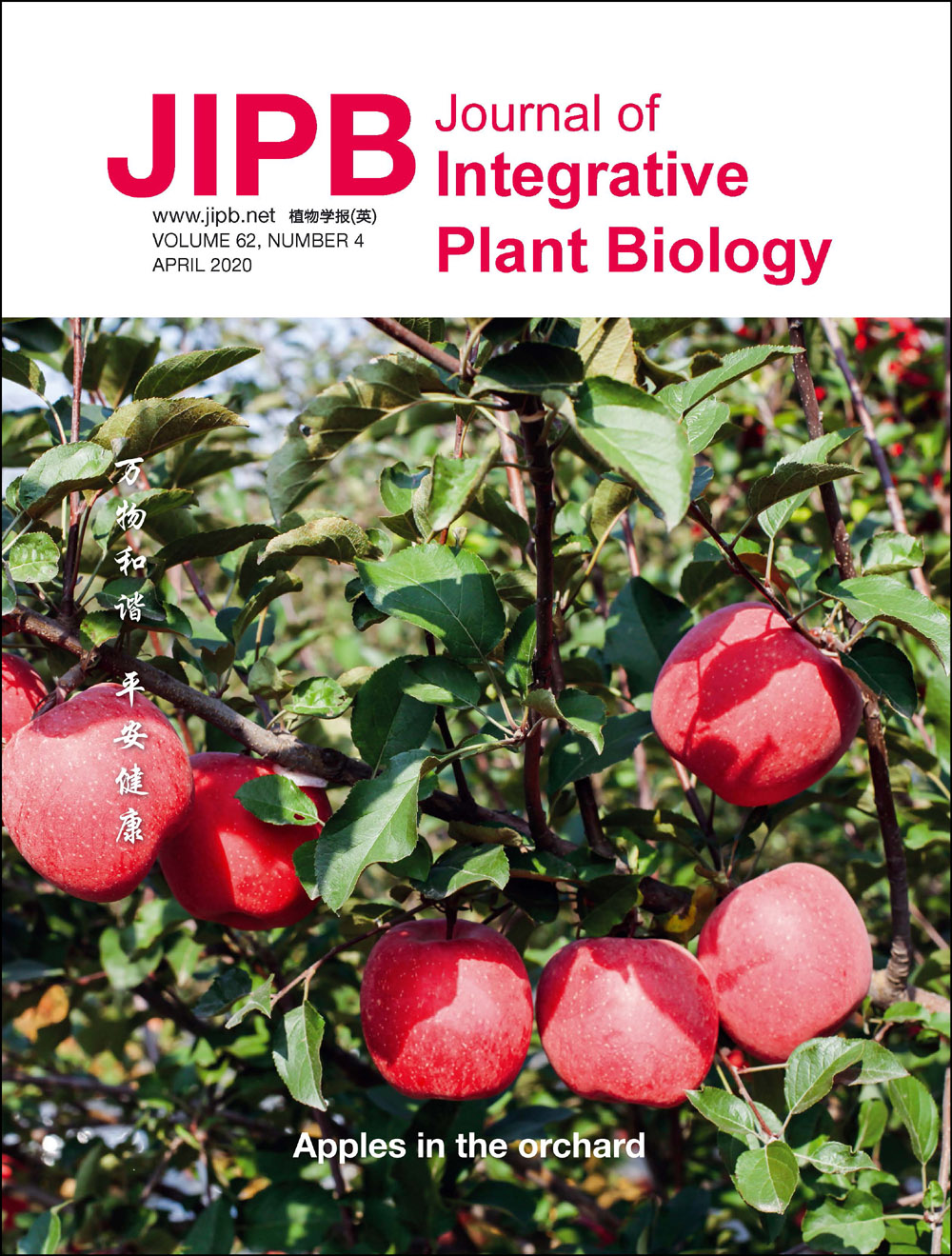Author: Zipeng Yu, Yang Xu, Lifei Zhu, Lei Zhang, Lin Liu, Di Zhang, Dandan Li, Changai Wu, Jinguang Huang, Guodong Yang, Kang Yan, Shizhong Zhang and Chengchao Zheng
Low molecular weight secreted peptides have recently been shown to affect multiple aspects of plant growth, development, and defense responses. Here, we performed stepwise BLAST filtering to identify unannotated peptides from the Arabidopsis thaliana protein database and uncovered a novel secreted peptide family, secreted transmembrane peptides (STMPs). These low molecular weight peptides, which consist of an N‐terminal signal peptide and a transmembrane domain, were primarily localized to extracellular compartments but were also detected in the endomembrane system of the secretory pathway, including the endoplasmic reticulum and Golgi. Comprehensive bioinformatics analysis identified 10 STMP family members that are specific to the Brassicaceae family. Brassicaceae plants showed dramatically inhibited root growth upon exposure to chemically synthesized STMP1 and STMP2. Arabidopsis overexpressing STMP1, 2, 4, 6, or 10 exhibited severely arrested growth, suggesting that STMPs are involved in regulating plant growth and development. In addition, in vitro bioassays demonstrated that STMP1, STMP2, and STMP10 have antibacterial effects against Pseudomonas syringae pv. tomato DC3000, Ralstonia solanacearum, Bacillus subtilis, and Agrobacterium tumefaciens, demonstrating that STMPs are antimicrobial peptides. These findings suggest that STMP family members play important roles in various developmental events and pathogen defense responses in Brassicaceae plants.




 Scan the QR code to view JIPB on WeChat
Scan the QR code to view JIPB on WeChat













